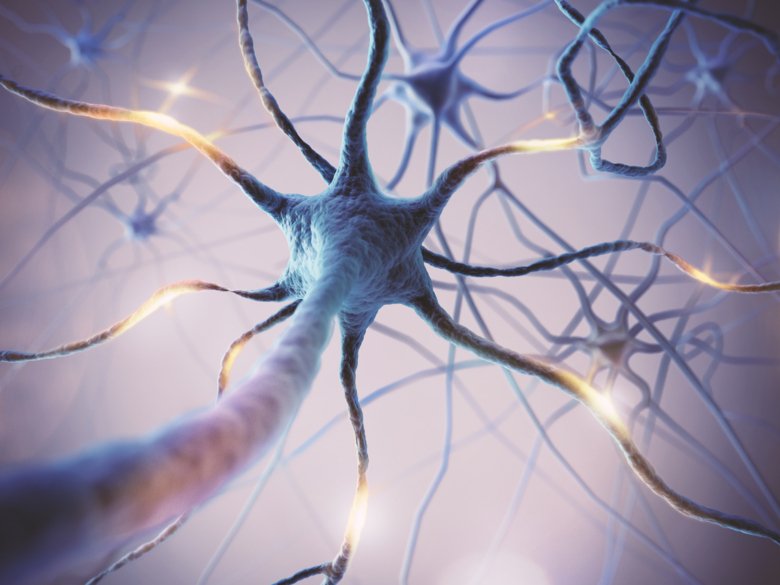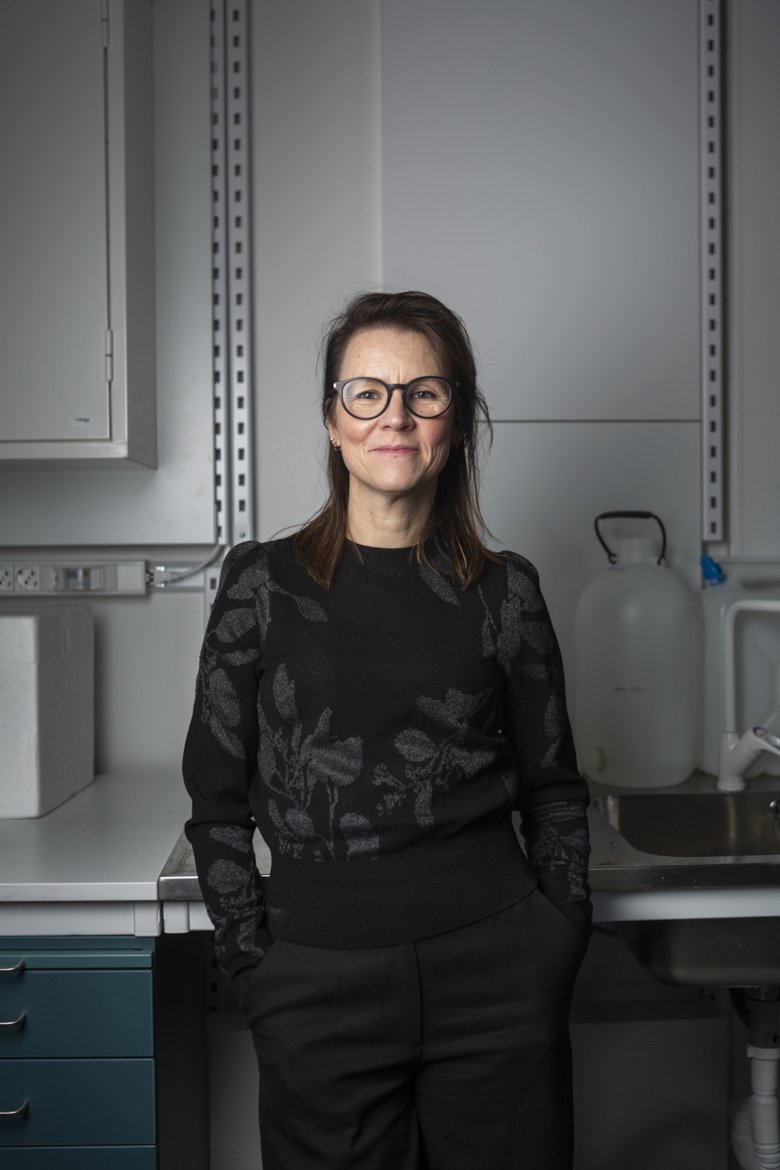Neurotrophins critical to the proper functioning of the prefrontal cortex

Researchers at Karolinska Institutet explain that the neurotrophin brain-derived neurotrophic factor (BDNF) binds to the receptor tropomyosin receptor kinase B (trkB) present on the surface of many neurons, triggering signaling pathways critical to the maturation and growth of neurons during development. In their latest article however, they show that BDNF-trkB signaling also plays a significant role in the functioning of the adult brain.

“Mice lacking the ability to produce the growth factor protein BDNF suffer developmental defects in the brain, leading to premature death, and suggesting a critical role by BDNF in neuronal development”, says Nicolas Gustavo Guyon, first author and PhD student at the Department of Neuroscience.
“The BDNF gene has been identified as a risk factor for schizophrenia, and reduced protein levels of BDNF and trkB in the prefrontal cortex of subjects with schizophrenia has been reported. Furthermore, decreased BDNF levels during aging in humans has been coupled with altered morphology of neurons and reduced volume of brain areas important to cognition.”
The activity of the prefrontal cortex is regulated by circuits made up of excitatory and inhibitory neurons (GABAergic interneurons), whose actions should be kept in balance for proper cortical functioning. While BDNF-trkB signaling is known to be particularly important for the maturation of inhibitory neurons, the adult functions of BDNF-trkB signaling at the circuit level has not been established.
“Looking at the function of BDNF/trkB signaling in adults could give us insight into how brain networks are properly maintained,” Nicolas Guyon continues.

How did you conduct your study?
“To alter BDNF/trkB signaling, our team generated a virus that triggers expression of a mutant form of the trkB receptor that binds BDNF but does not trigger any signaling pathways”, says Marie Carlén, Associate Professor at the Department of Neuroscience and corresponding author of the article. “The mutant receptor outcompetes the normal trkB receptors in the affected neurons, and severely reduces normal BDNF/trkB signaling.”
“The virus was injected into the PFC of adult transgenic mice directing the mutant receptors to a specific type of inhibitory neurons. The use of a viral strategy, in adult mice, allowed us to avoid interfering with the BDNF/trkB signaling necessary for normal development of the brain, and we could study the effects of altered BDNF/trkB signaling specifically in the adult brain”, she explains.
“We targeted the prefrontal cortex as this region is necessary for proper cognitive functions, such as planning, decision making, and short-term memory, and also regulates emotional and social behavior.”
The researchers recorded the electrical activity in the prefrontal cortex of transgenic mice and found changed excitation-inhibition balance, as well as altered brain waves both during anesthesia and in the awake state. The mutant mice exhibited enhanced aggression.
How could your study influence patient care and treatment?
“We hope our study will be followed by further work elucidating how changes in specific signaling pathways affect the brain’s networks and functions, and can underlie neuropsychiatric disorders such as schizophrenia”, says Nicolas Guyon. “This could lead to using BDNF/trkB levels as a biomarker for psychiatric disorders. It also presents possibilities for potential treatments for disorders like schizophrenia designed around modifying BDNF or trkB levels on specific cell types”.
The study has been conducted in collaboration with the Universidade Federal de Minas Gerais, Belo Horizonte, Brazil, with the support of a STINT Programme Joint Brazilian-Swedish Research Collaboration grant and a CAPES-STINT programme grant. Marie Carlén was supported by a Wallenberg Academy Fellow in medicine grant from the Knut and Alice Wallenberg Foundation, the Swedish Research Council, and Karolinska Institutet.
Publication
Adult trkB signaling in parvalbumin interneurons is essential to prefrontal network dynamics
Nicolas Guyon, Leonardo Rakauskas Zacharias, Josina Anna van Lunteren, Jana Immenschuh, Janos Fuzik, Antje Märtin, Yang Xuan, Misha Zilberter, Hoseok Kim, Konstantinos Meletis, Cleiton Lopes-Aguiar and Marie Carlén
Journal of Neuroscience 16 February 2021, JN-RM-1848-20; DOI: https://doi.org/10.1523/JNEUROSCI.1848-20.2021
